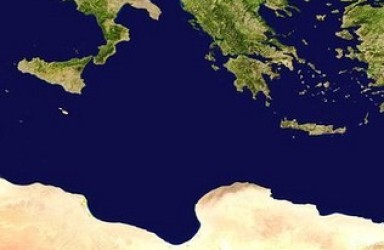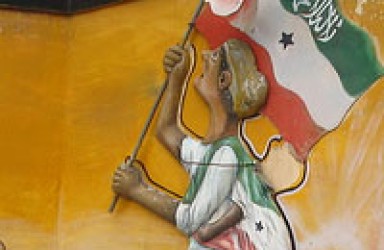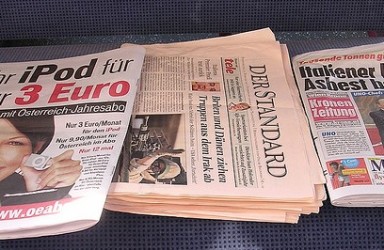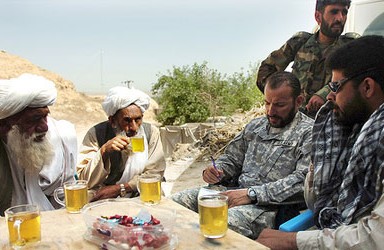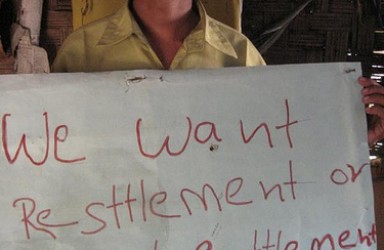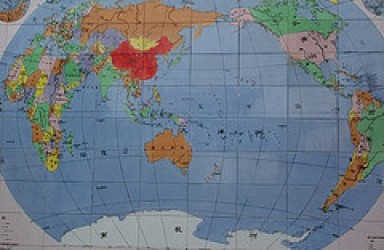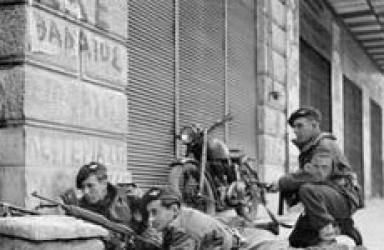European Union Democracy Promotion in the Mediterranean Arena
The actions of the EU in promoting democracy in third countries need to be examined in greater detail. The tangible support (financial, logistical or otherwise) the EU gives to pro-democracy social movements can help us assess just how much the EU acts, or is limited in acting, to promote democracy abroad. In short, if the EU gives direct, meaningful support to such social movements, it could be said to have stopped ‘philosophizing’ and begun to act.
The Theory of Structure: An Analysis
Structure is an anomaly in the field of IR largely because of the nature of its constituent components. Practices of social production and reproduction are not difficult to locate if you relay the relevant evidence, contrary to this idea. The concept continues to be open to wide interpretation, as shown by the respective approaches of Alexander Wendt and Kenneth Waltz.
Third Party Intervention in Ethnic Conflict
This essay is concerned with the motivations that drive states to intervene, and argues that their actions are never wholly disinterested. The scope of this essay will be limited to interventions which third-parties have justified on humanitarian grounds, looking in particular at the case of the NATO intervention in Kosovo in 1999.
Somaliland: a modern state minus international recognition?
Does Somaliland exhibit modern state qualities? Are we witnessing the development of a ‘beacon of light’ in an otherwise war-torn area of Africa? Or is this an overly positive analysis, resulting in an idealistic, rather than realistic, approach to the problematic of statehood in the region?
How can the media be successfully used for peacebuilding?
Access to information is a vital building block for lasting peace, yet media interventions are not a ‘quick fix’. While they may not be able to solve conflicts, there is certainly an important role for them in spurring debate, reconciling communities and changing behaviour towards peacebuilding.
Awash with green: tackling the environment commercially
The primary method of globally managing environmental issues is through the use of carbon trading. This has resulted from the hegemonic success of the ecological modernisation discourse – a discourse immortalised in the Brundtland report in 1987.
Civil-Military Relations in Afghanistan
NGOs have been voicing concerns that the military have intruded into their domain by conducting short term aid work and long term ‘hearts and minds’ projects that have blurred the lines between aid workers and military troops. This has had worrying consequences for humanitarianism.
Burma, Bangladesh and the Rohingya: a Failure to Protect?
Forced migration and refugee flows from Burma to Bangladesh are becoming increasingly difficult for the international community and the region to deal with. Failure at state, regional and international level to deal with the problems facing the Rohingya refugees reflects a wider need to re-evaluate international protection regimes when it comes to dealing with forced migration and minority groups in Southeast Asia.
Liberal Institutionalism: An Alternative IR Theory or Just Maintaining the Status Quo?
Institutionalism rejects the realist assumption that international politics is a struggle for power in which military security issues are top priority and argues that instead, force is an ineffective instrument of policy. In order to understand the impact of internationalism on IR theory and its criticisms we must first look at its definition and how it differs from realist perspectives.
Belonging to the West: The Early Stages of the Greek Civil War
Any research on the Greek Civil War should have three levels of analysis: the international, the regional, and the national. These three terms could respectively be translated into the fragile relationship and power balancing among the Allies; the spread of communist regimes in the Balkans; and the internal struggle for the modernization of the political system, the constitutional issue, and the conduct of free elections.
